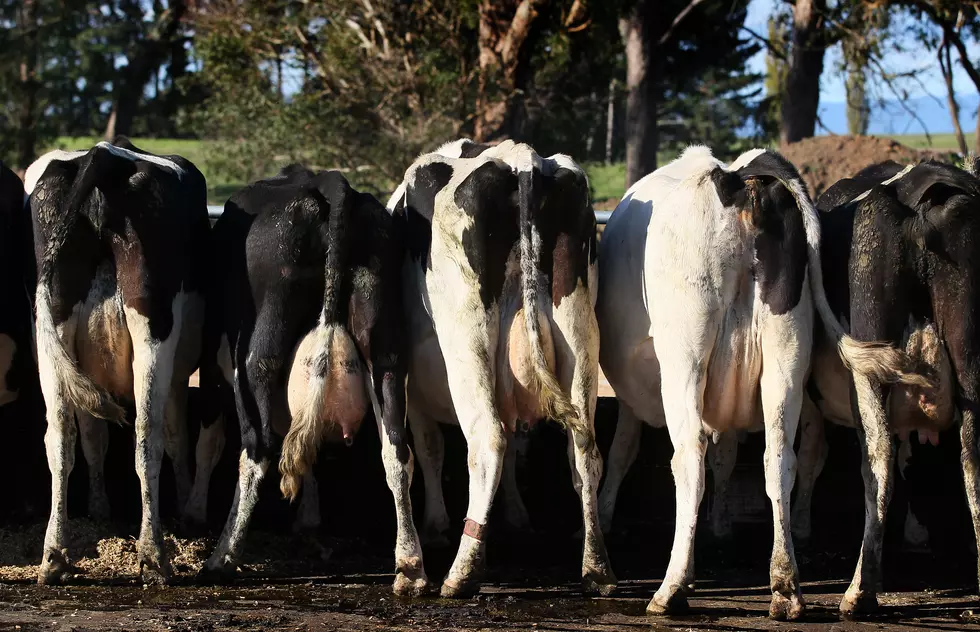
Is it Legal For a Slow Moving Tractor to Be On the Road in Michigan?
There are more than 50,000 farms in Michigan and they average 195 acres each. It's no surprise that you'll see a tractor or an implement of husbandry driving down a road in Michigan. Is it legal to drive a tractor on the roads?
@ambermodena #westmichigan#tennessee#michigan#michigander#tractor#redneck#funny#holland ♬ Life is a Highway - Rascal Flatts
The short answer is yes. The longer answer includes rules and regulations and legal variations, but that also ends in a yes. Like any vehicle traveling on a public road, tractors and other farm vehicles must be registered and have some form of identification.
These vehicles, referred to in the Michigan Vehicle Code as an "implement of husbandry," include farm tractors, vehicles designed to be drawn by a farm tractor or an animal, vehicles that directly harvest farm products, or vehicles that directly apply fertilizer, spray, or seeds to a farm field.

Michigan farmers produce more than 300 different crops which means there is a lot of equipment. That equipment needs to get from here to there. Max speed of these vehicles on roads is 25 mph, and they require a slow moving vehicle (SMV) emblem and additional reflectors.
Speaking of lighting, there is a dizzying array of state vehicle code regulations governing lighting and marking of agricultural equipment on public roads. These state vehicle code regulations have not kept up pace with advances in lighting and marking. The tractors have become more sophisticated than the laws.
To drive a tractor, there is no minimum age requirement for an immediate family member of the owner of the farm tractor. If you're not an immediate family member, and you are between 14 and 16, you must have a 4-H or Extension Safety Certificate. There are no restrictions if you're over 16.
If you're hauling equipment you must be 18, If it's hazardous material that you haul, you must be 21 with a placard.
Here are some safety tips for motorists following farm equipment from Michigan State University:
- Pass with caution if a farmer has pulled off the road to allow you to pass, or if they cannot pull off and you feel you must pass.
- Be watchful of motor vehicles behind you that may also try to pass.
- Do not pass if you must enter the oncoming traffic lane unless you can see clearly ahead of you and the vehicle you will pass.
- Do not pass if there are curves or hills ahead that may block your view of the view of oncoming vehicles.
- Do not pass in a designated “No Passing Zone” or within 100 feet of any intersection, railroad crossing or bridge.
- Do not assume that a farm vehicle that pulls to the right side of the road is going to let you pass. Due to the size of some farm implements, the farmer must use wide left-hand turns. If you are unsure, check for turn signals or operator hand signals. Also, check the left side of the road for driveways, gates or any place a farm vehicle might turn into.
- Do not assume the farmer can see you or knows you are there if you are following. Most operators are regularly checking traffic behind them and newer farm equipment is will equipped with mirrors. That said, the farmers must spend most of the time looking ahead to keep equipment safely on the road and watch for oncoming traffic.
50 of Michigan's "Must-Drive" Roads
More From WBCKFM









